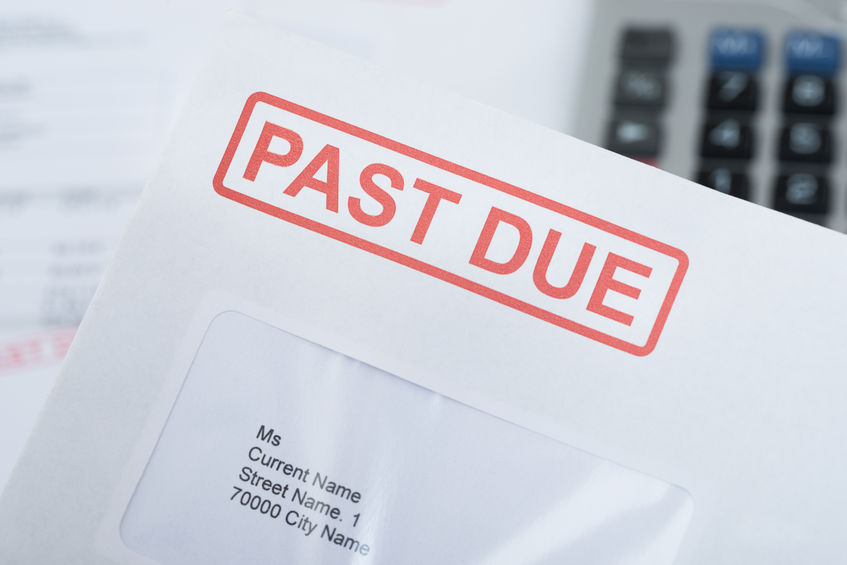Will Filing for Bankruptcy Stop Collections?
Once the debtor files for bankruptcy and the court accepts the petition, the court places an automatic stay on all of the debtor’s property. Automatic stay means that the property becomes safe from creditors, and all collection attempts must cease. This includes telephone calls, letters, legal actions, etc. The automatic stay does not, however, apply to debts incurred after the filing of the bankruptcy petition. It also does not stop criminal cases against the debtor – only collection cases initiated by creditors. Typically, after you file a bankruptcy petition with the court, the court then mails a notice to all of the creditors listed on the petition to stop their collection attempts. If a creditor violates the automatic stay and attempts to collect the debt after the filing of bankruptcy, the creditor is violating section 524 of Title 11 of the United States Code, and the debtor can file a lawsuit against the creditor.
Do Creditors Get to Collect in a Chapter 7 Case?
All creditors are entitled to be heard in a bankruptcy case. However, creditors are sorted according to the priority of their claims. For example, such claims as child support claims and other domestic support obligations as well as IRS claims are typically first in line for collection. Second in priority are typically secured claims. Those are those claims secured by a collateral, such as real estate or other assets. In case of default on those claims, the creditor can take possession of the collateral. Finally, the last in priority are unsecured claims, such as credit card debt or certain types of loans. To sum up, a creditor may or may not be able to collect in a Chapter 7 case, depending on (1) the creditor’s priority level and (2) value of the debtor’s assets.
Do Creditors Get to Collect in a Chapter 13 Case?
Typically, in a Chapter 13 bankruptcy case the debtor works with his creditors through the court and the trustee to establish a repayment plan in order to pay back his creditors. This plan is called the reorganization plan and is confirmed by the court, the bankruptcy trustee as well as the creditors. Usually the reorganization payment plan establishes a term of three to five years for the debtor to be making payments to his creditors. The debtor typically does not lose property in a Chapter 13 bankruptcy case. The likelihood of the creditors getting paid in a Chapter 13 case is far greater than in a Chapter 7 case. After the repayment plan is complete, any unsecured debt is typically discharged. Only individuals with a stable income usually qualify for a Chapter 13 bankruptcy.








